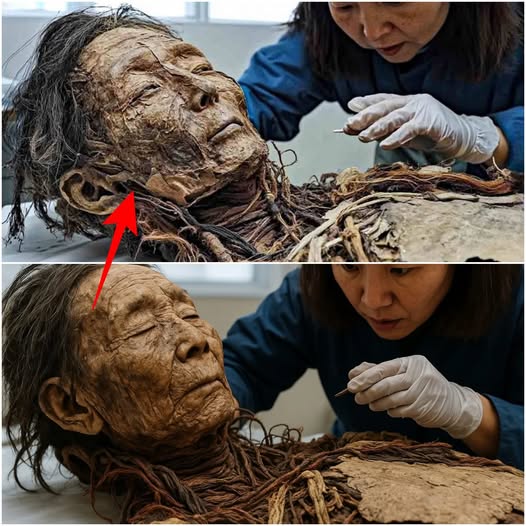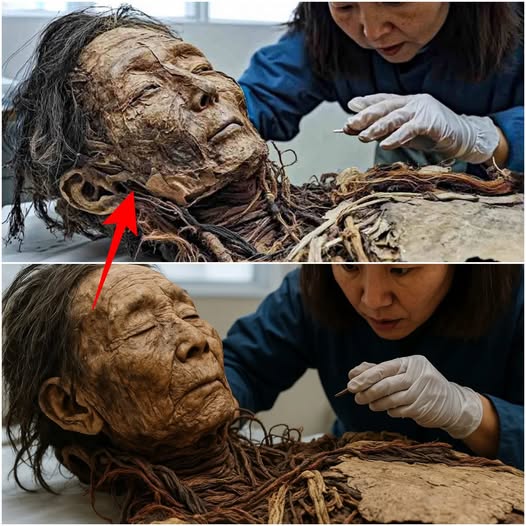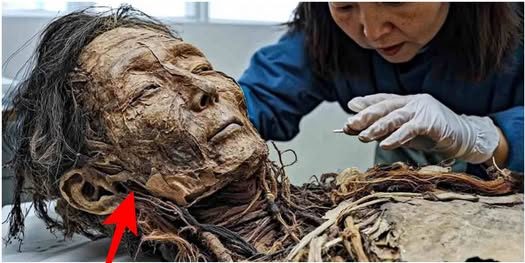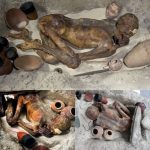Unearthing Ancient Secrets in the Philippines: A New Chapter in Archaeology

Unearthing ancient secrets in the Philippines has sent shockwaves through the world of archaeology. Groundbreaking discoveries, ranging from intricately carved tools to remarkably preserved human remains, are rewriting the early chapters of human history in Southeast Asia. These findings challenge long-held beliefs about migration, culture, and civilization, suggesting that sophisticated societies existed far earlier than previously thought.

The artifacts unearthed from various sites across the archipelago reveal unexpected trade links, advanced craftsmanship, and symbolic practices that hint at rich spiritual and social lives. For instance, the discovery of finely crafted tools indicates not only a high level of skill but also the presence of specialized roles within these early communities. This challenges the notion that prehistoric societies were uniformly simple and homogeneous.
Each excavation brings forth new clues, from hidden burial sites to enigmatic structures that hint at complex societal organization. Some of these sites have yielded human remains that provide insights into the health, diet, and lifestyle of early Filipinos. DNA analysis is shedding light on their ancestry and migratory patterns, revealing connections to other ancient populations across the region and beyond.

The implications of these discoveries are profound. Scholars are racing to analyze carbon dating and cultural evidence, seeking to piece together the intricate puzzle of human history in Southeast Asia. The findings not only enrich our understanding of the Philippines’ past but also contribute to a broader narrative about the evolution of human civilization. Could these revelations reshape our understanding of human evolution and the origins of civilization in the region?
As researchers continue to sift through the layers of history, the public’s imagination is captivated by the unfolding mystery. Documentaries, articles, and discussions are igniting interest in the rich heritage of the Philippines, inspiring a new generation to appreciate and explore their cultural roots. The excitement surrounding these discoveries underscores the importance of archaeology as a means of connecting us to our past.
In conclusion, the excavation of ancient sites in the Philippines represents a significant leap forward in our understanding of human history. As scholars work diligently to analyze and interpret these findings, they not only illuminate the lives of those who came before us but also challenge us to rethink our place in the continuum of human existence. The secrets buried for millennia are finally surfacing, inviting us to explore the complexity and richness of our shared heritage.











